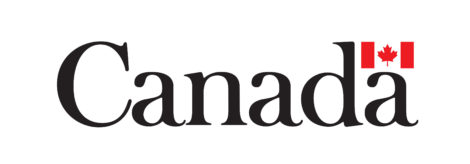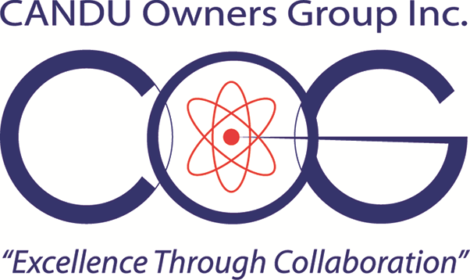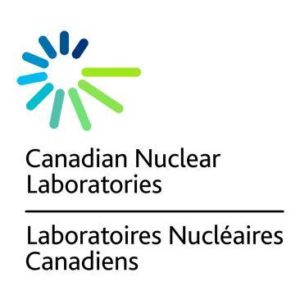Background



Introduction
The World Institute for Nuclear Security (WINS) conducted a workshop on the Security of Small Modular Reactors in Ottawa, Canada, from 20-21 November 2019, cosponsored by the CANDU Owners Group (COG), Natural Resources Canada (NRCan), Canadian National Laboratories (CNL), and the Canadian Nuclear Safety Commission (CNSC). The objective of the workshop was to review and discuss all security matters related to the design, commissioning and operation of small modular reactors (SMRs). The workshop also addressed cybersecurity matters and the interfaces between safety, safeguards and security for advanced reactor design.
SMRs have noteworthy potential to provide energy in numerous countries around the world. The important reduction in costs, maintenance, and ease of operation are strong incentives for the use of SMRs in a wide range of environments and geographical locations. SMRs are inherently safer than commercial nuclear power plants in operation, could be located closer to densely populated areas, and could provide energy where the needs are. Moreover, due to their flexibility, SMRs could play a key role in the emerging decentralised power supply energy market by providing clean, safe, competitive and reliable energy while protecting the environment.
The design and technological choices made during the development of SMRs in Canada and other countries will impact the risk picture and might require evolution in the regulatory approach. To ensure regulatory efficiency and nuclear security, a graded approach based on risk-informed criteria needs to be adopted, and security by design and cybersecurity need to be carefully considered. Furthermore, the security implications associated with these new reactors need to be identified and addressed as early as possible. The objective should be to reduce the cost of security without compromising safety or security. It is also important to begin engaging with industry, the public and Indigenous representatives early in the design and development process because their support and acceptance of this new technology will be crucial for its successful implementation. All of these efforts will help to ensure that the Canadian regulatory framework is flexible, well-defined and ready for SMR licensing and regulation.
Objectives
The purpose of this workshop was to review and discuss all security matters related to the design, commissioning and operation of SMRs including:
- SMR technologies and their impact on security
- Security by design; Nuclear Safety/Safeguards/Security interfaces
- Cybersecurity
- Impact of SMRs on the security of the fuel cycle facilities
- Impact of SMRs on the regulatory framework, including challenges and opportunities
- Engagement with key stakeholders on SMR security
Audience
This two-day event limited participation to a maximum of 60 participants. Attendees were expected to meet their own costs for travel and accommodations, but the organisers met all event costs. No registration fee was required. This event was by invitation only and the targeted audience included:
- SMR vendors and designers
- Nuclear engineers and system designers
- Leading researchers and practitioners in SMRs
- Experts in data analytics and associated technological fields
- Business managers who approve security expenditures
- Security managers
- Regulators and other governmental organisations
- Insurance companies
- Transport security experts
- Security experts, consultants and vendors
WINS promotes gender diversity in its events and limited funding support for travel and participation was available for female participants as part of our Gender Champions programme.
Process
The workshop consisted of presentations and plenary and group discussions. The workshop was conducted in English and drew only on unclassified information.
The workshop focused on SMR development in Canada and brought together experts and leading thinkers in SMR technologies and security matters from around the world. This increased the diversity of perspectives on the topic, gave Canadian participants a broad view of similar programmes around the world, and supported the identification and sharing of international best practices for the security of SMRs.
These efforts are aligned with the CNSC and NRCan's commitments to promote open and transparent dialogue between the industry and government on SMRs. WINS produced a workshop report after the event with key findings.



